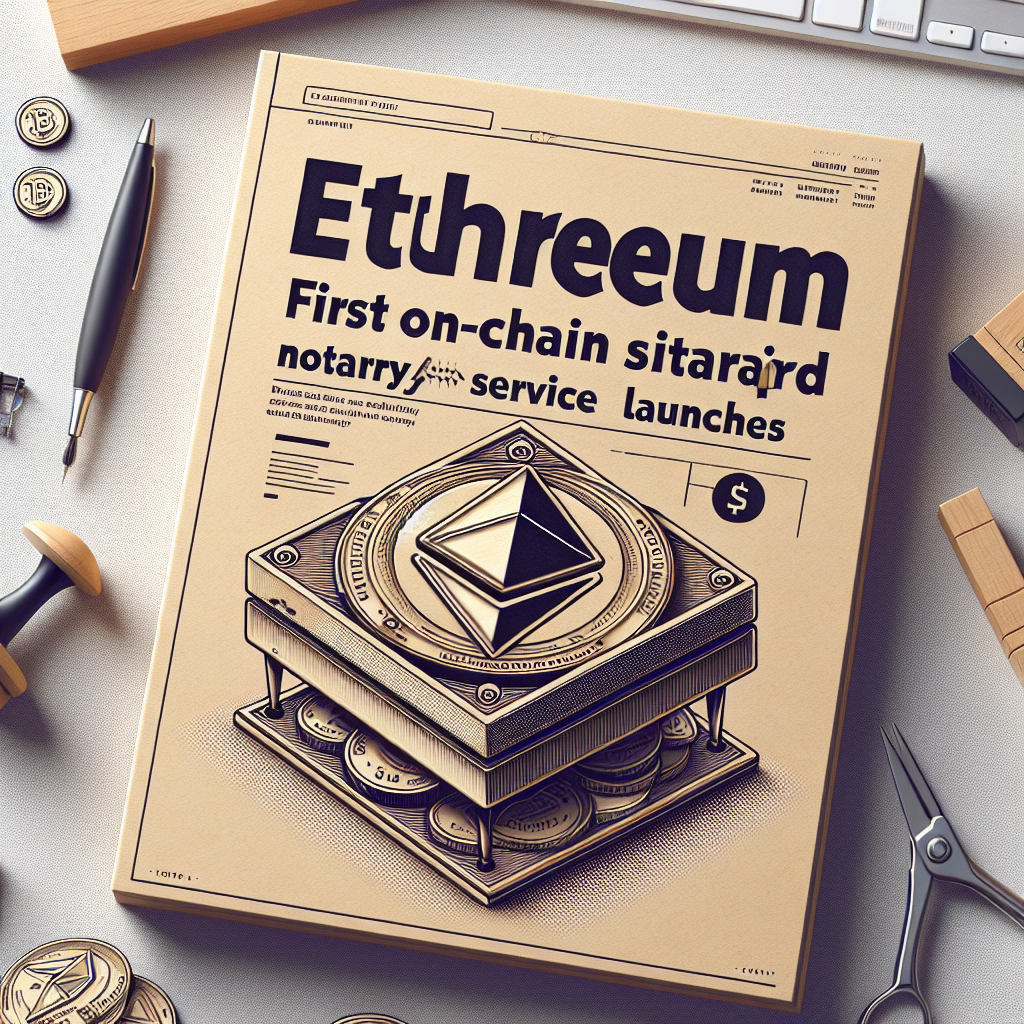When it comes to blockchain, $ETH has always been the doer, the maker, the one laughing at $BTC lack of programmability. Now, $ETH has another gem in its crown: on-chain notarization. This fresh concept is about to make outdated notary offices weep in existential crisis.
What is On-Chain Notarization?
It’s time to sit up and pay attention; on-chain notarization is here to redefine how you authenticate documents. Imagine your birth certificate verified via smart contract on $ETH. No more waiting in line behind rows of grumpy bureaucratic red tape; it’s automation, pure and simple.
On-chain notarization uses blockchain’s immutable ledger to create a secure, permanent record of a document’s authenticity. In simpler terms, it’s a digital notary with steroid-level trust and security. Intrigued? Read on.
Why Ethereum?
Ethereum is your go-to decentralized computer, capable of executing complex smart contracts. Each transaction or contract is a snippet of immutable code, allowing a broad range of uses. Sure, it has its gas fee drama, but $ETH’s capabilities far outweigh the occasional wallet ache in the world of decentralized applications (dApps).
The launch of Ethereum Notary Service this week might just be the missing piece of Web2.5 firms finally taking the leap into Web3. Legal, medical, and financial industries can now dip their toes in decentralized waters, knowing they won’t get eaten by sharks—at least not the regulatory kind.
What’s Next?
Is this service the long-awaited justification for $ETH’s sky-high market valuation, or just another fad? Only time will tell. However, its potential for real-world application is staggering. Just DYOR, make sure you’re informed, and keep your cold wallets ready because this pioneering feature could be a game-changer.












